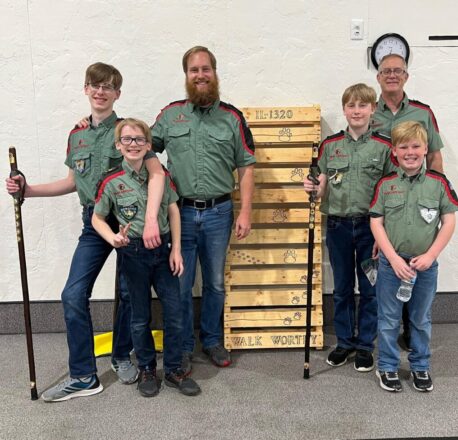Ministry
Fellowship
Dietrich Bonhoeffer had a grounded—sometimes even sobering—perspective on Christian community. In Life Together, he reminds us that fellowship with other believers is a gift, not a guarantee. God does not promise we will always have it.
“It is easily forgotten that the fellowship of Christian brethren is a gift of grace, a gift of the Kingdom of God that any day may be taken from us…”
He continues:
“Therefore, let him who until now has had the privilege of living a common Christian life with other Christians praise God’s grace from the bottom of his heart. Let him thank God on his knees and realize: it is grace, nothing but grace, that we are allowed to live in community with Christian brethren.”
In essence, Bonhoeffer is saying: God doesn’t owe us fellowship. It’s not something we can demand or expect at all times. Instead, when we do experience it, we should receive it with deep gratitude, knowing it can be taken away.
This perspective carries deep weight, especially when you consider Bonhoeffer’s own story. He wrote Life Together after spending time in an underground seminary during Nazi Germany. Later, he would endure isolation, imprisonment, and ultimately execution. His words are not theoretical—they come from someone who truly knew what it meant to long for fellowship and to miss it deeply.
Bonhoeffer’s core message is this: Christian fellowship is a grace, not a right, and we should treasure it while we have it.


Laborers
It is easy to forget that. We often come to church with high expectations—of what others should be doing, how the church should function, how needs should be met. When those expectations go unmet, disappointment can take root. I’ve been there myself. I’ve felt that creeping dissatisfaction, dwelling on what could or should be happening and wondering why others weren’t stepping up.
But the only thing that pulled me out of that mindset was a purposeful practice of gratefulness—choosing to notice and thank God for the good that was happening around me. I found that when I looked for unmet expectations, I saw them everywhere. But when I looked for reasons to be grateful, I found those too.
One of the biggest unmet needs I’ve seen in church life is simply the need for more workers. It can be disheartening to look around and see people missing from service—pulled away by other commitments or simply uninvolved. I’ve often said, “I’d rather work with one person who’s on fire for the Lord than a whole team of people just filling a role.”
Still, this doesn’t excuse me from my own calling. Hebrews 10:24–25 reminds us:
“And let us consider how to stir up one another to love and good works, not neglecting to meet together, as is the habit of some, but encouraging one another—and all the more as you see the Day drawing near.”
When I see needs that are unmet, my first question should be: “Is this a need I can meet, through the Lord’s provision?” If the Lord is showing me the need and giving me a burden for it, that may very well be a call to step in. Expecting someone else to meet the need without prayerfully considering my own responsibility is, in a way, a lazy escape.
At the same time, it’s not my job to supply laborers. Jesus tells us clearly in Luke 10:
“The harvest is plentiful, but the laborers are few. Therefore pray earnestly to the Lord of the harvest to send out laborers into his harvest.”
God is the Lord of the harvest. He’s the one who sends laborers. My role is to pray, to be faithful, to be willing—and to give thanks for the moments of fellowship and community that He graciously provides.